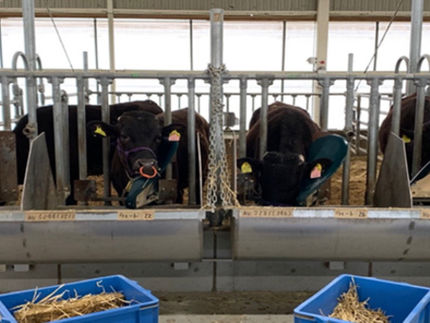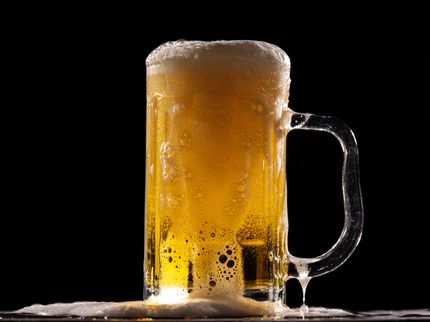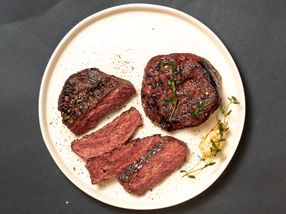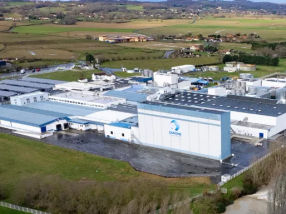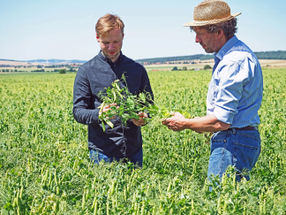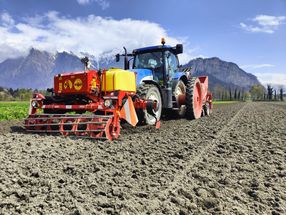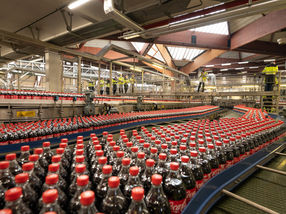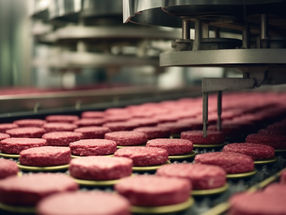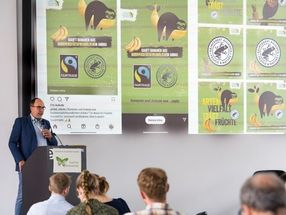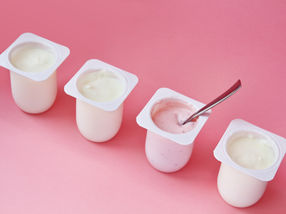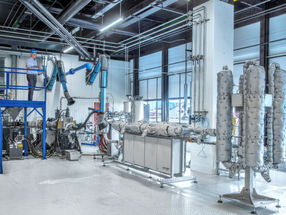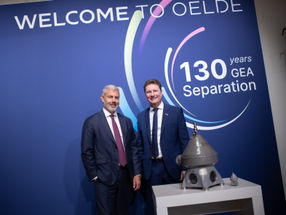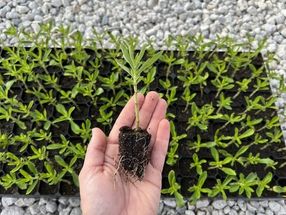Remilk to build the world's largest precision fermentation facility
Food-tech disruptor prepares to vastly scale dairy-identical, non-animal milk protein production in a pioneering sustainable industrial park in Denmark
Following the close of $120 million in Series B funding, Remilk, the food-tech innovator reimagining dairy, announced it will build the world's largest full-scale precision fermentation facility on more than 750,000 square feet of newly acquired land within The Symbiosis project, a pioneering sustainable industrial ecosystem, in Kalundborg, Denmark. This next major milestone demonstrates Remilk's continued leadership in the rapidly developing category by offering consumers animal-free dairy products identical to their traditional counterparts but free of lactose, cholesterol, and hormones, thus severing the dairy supply chain's reliance on animals.
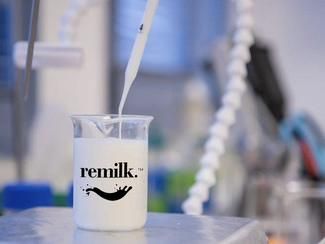
Food-tech disruptor prepares to vastly scale dairy-identical, non-animal milk protein production in a pioneering sustainable industrial park in Denmark
Remilk
"Remilk is committed to reinventing our dairy industry in a kind, sustainable way. Eliminating the need for animals in our food system is the only way to supply our world's growing demand without destroying it in the process," said Aviv Wolff, CEO and founder of Remilk. "We intend to massively scale up our production capabilities to make nutritious, delicious, and affordable dairy that will send cows into early retirement."
Kalundborg's Symbiosis project is a pioneering industrial ecosystem with transformational economic and environmental results. Within the network, byproducts of one company become resources for another. At present, Symbiosis is a collaborative effort involving more than a dozen visionary public and private companies including industry giants such as Novozymes, Novo Nordisk and Chr. Hansen. At the new facility, Remilk will produce non-animal dairy protein for use in products like cheese, yogurt, and ice cream, in volumes equivalent to that produced by 50,000 cows each year.
"We are not just dreaming big, we are acting upon our promise to dramatically reduce the food industry's devastating impact on our planet," continued Wolff. "Ending animals' historic role as providers of food for humankind is one of the most powerful measures we can take to reduce our impact on this planet."
Remilk pioneered a yeast-based fermentation process that produces non-animal milk proteins for use in dairy products traditionally made with cow-derived milk proteins. Remilk's protein enables the production of products that are indistinguishable in taste and function from traditional dairy. According to a report by Boston Consulting Group and Blue Horizon Corporation, alternative proteins could account for 11% ($290B) of the global protein market by 2035. Dairy produced through precision fermentation requires a fraction of the Earth's resources and emits a fraction of the harmful greenhouse gas emissions of animal dairy.
After an extensive search, the company selected Kalundborg, Denmark as the site for its first full-scale fermentation facility because of the location's strategic advantage and powerful approach to industrial sustainability, as well as access to a deep pool of local talent and the strategic cooperation and support from the city and the Danish government.
"The Municipality of Kalundborg looks forward to welcoming the international company Remilk. The company's profile fits perfectly into our sustainability profile and with the Biotech City's other participants," said Mayor Martin Damm. "When Remilk's plant for production of non-animal dairy products is completed, it will also be the world's largest precision fermentation facility. I see Remilk's choice of Kalundborg Municipality as a buy-in to our commitment to sustainability, high technology and education and our ability to enter a constructive dialogue with our stakeholders."
"I am very happy to welcome Remilk to Denmark. This investment is a recognition of Denmark's position as a global leader in sustainable food production and innovation," said Anne Hougaard Jensen, director of Invest in Denmark, Ministry of Foreign Affairs of Denmark. "Remilk brings important knowledge to Denmark in terms of research and development with food ingredients and dairy products. I am convinced that the opening of Remilk's production facility in Denmark will be an important step towards an even more sustainable future for the food and dairy industry."
The selection of this location was made possible through a partnership with the city of Kalundborg, Invest in Denmark (Ministry of Foreign Affairs of Denmark), the Danish embassy in Israel, and the Israeli Embassy in Denmark.
Denmark is a world leader in its sustainability efforts and achievements. When considering total power consumption, about 80% of the energy mix in the grid comes from green power sources including wind, solar and hydro according to Energinet. Denmark has stated an ambitious goal to transition its entire electricity system to be independent of fossil fuels by 2027, as set by the Danish parliament.
Other news from the department Production
Most read news
More news from our other portals
Something is happening in the food & beverage industry ...
This is what true pioneering spirit looks like: Plenty of innovative start-ups are bringing fresh ideas, lifeblood and entrepreneurial spirit to change tomorrow's world for the better. Immerse yourself in the world of these young companies and take the opportunity to get in touch with the founders.
